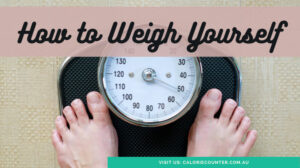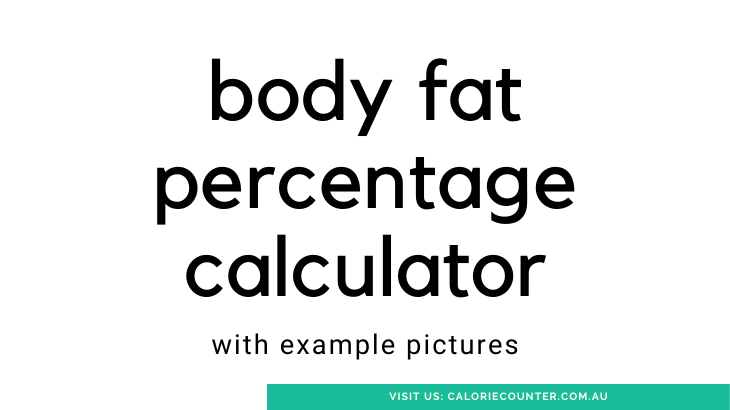It is not as simple as stepping on a scale and reading the numbers. When you set out on any weight management journey, your single most important measure of success or failure is what the scale says. It is therefore important to understand how they work, what they measure, and how you can use the numbers to give you the best chance of success.
Measure Your Weight
Why do we choose to go onto a controlled diet? Because we are motivated to change our health outcomes and body shape. We measure ourselves by comparing our body weight to those of others, to standards set out by health professionals, and to our own previous and projected weight. The result of a weigh-in therefore has a major impact on our continued motivation and success or failure.
Here are some guidelines to follow when it comes to weighing yourself:
- Weigh yourself in the privacy of your own bathroom at home, in the morning before breakfast. Do not wear outer clothes or towels which will affect the results. Privacy is important because you are most emotionally vulnerable in the first few seconds of reading the scale. Good or bad, you need a few minutes to absorb the information and come to terms with it on your own. One thoughtless look or off the cuff comment from somebody standing over your shoulder could damage your motivation to keep up with your weight management plan. By all means share the result with people who want you to win, but do it only after you have encouraged yourself internally and insulated your resolve from even the slightest negative vibe. Motivation and resolve comes from within.
- Weigh yourself on the same day, at the same time, once per week. You should not weigh yourself more than once per week because body weight fluctuates naturally throughout the day and from day to day because of variations in body water composition and material in the digestive tract. The roller-coaster of emotions you will go through as the scales report short-term gains and losses are harmful to your long-term sustained motivation. If you have managed to keep a calorie deficit going for seven days prior to your last weigh-in, you will see a reduction in your body weight.
- For women, do not weigh yourself during your menstruation period because your body temporarily retains more water than usual so you may get a less-useful result.
- Do not weigh yourself if it happens that you had an absolutely overindulgent feast (or series of feasts) one or two days before the weigh-in. You will not destroy your weight management plan if you overeat for one or two days in the week, but it will take about two days to get your body weight back to the baseline. If you weigh yourself before your weight has returned to the baseline, you might become needlessly frustrated with the whole plan.
- The average bathroom scale is not necessarily perfectly accurate, but as long as you use the same scale every week you will get meaningful results. Sometimes different scales are calibrated differently, so try to stick to one. The scale at your gym, doctor’s office or local shopping mall will probably not agree with the one in your bathroom so don’t stress out if you get a different reading from them if you happen to weigh yourself there.
- Record your results. This is probably the most important tip, because if you can measure it you can improve it. Even if you keep up the regular weigh-ins for just three or four weeks, the recorded results can be used for years into the future. There are few things as satisfying as looking at results from last year and realising that you have become much healthier. There are few things as motivating as looking at results from last year and realising that you have been and can be much healthier than you are today.
Body weight is important, but it is not the most important thing. It is quite possible for one person to weigh much more than another person of the same height yet be healthier because of what the weight is made up of. If the excess weight comes from abdominal white fat deposits, that is bad. If the excess weight comes from lean muscle mass, it is good.
Body weight is a key health indicator but it is not the ultimate goal of weight management plans. Now, why don’t you calculate your body fat percentage with calcount’s Body Fat Percentage Calculator?









